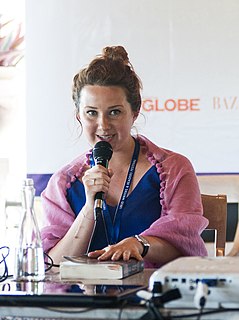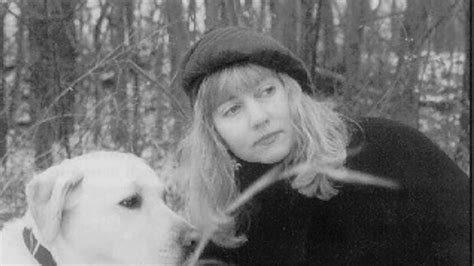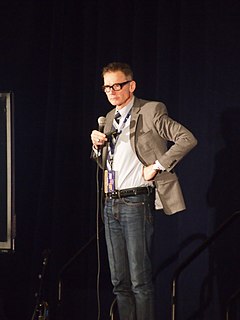A Quote by Jon Krakauer
When I write books, I've learned not to have any expectations that I'm going to change the world.
Quote Topics
Related Quotes
If I fulfill YOUR expectations, how am I going to transform you? I have to DESTROY your expectations. I have to destroy the very mind that creates those expectations. If you come to me, never come with expectations, otherwise you will be disappointed - because I have no obligation to fulfill your expectations in any way. In fact, if I see that there are some expectations, I do things DELIBERATELY to destroy those expectations. That is the price you have to pay to be with me.
In terms of the economics, yes obviously the rise of e-books and how people choose to read books has a big effect on the economics of the game. But whether people are buying them on paper or downloading them there's still some poor wretch in a room who is trying to write a poem, write a story, write a novel. And so my job doesn't change. It's just how people receive it and economic conditions on the ground change, but that doesn't affect what I write.
With climate change, of course there are things to grieve. I certainly grieved that the vision that I had for my life, that I would be a clinical psychologist and write books and have a family, that that was not going to happen, because if the world is collapsing around you, it just doesn't seem that appealing anymore.
I do what I do because I have a compulsion to hold forth. I don't spend a lot of time, if any, thinking about the effect my work is going to have on the world. And I have an abiding mistrust of people who think that they're going to change the world. I think that people who think that they're going to change the world are the kind of people who put bombs on airplanes.
I'm not saying I'm going to rule the world, I'm going to change the world. But I guarantee I will spark the brain that will change the world. And that's our job. It's to spark somebody else watching us. We might not be the one, but let's not be selfish. And because we['re] not going to change the world, not talk about how we should change it. I don't know how to change it. But I know if I keep talking about how dirty it is out here, somebody's going to clean it up!
No marshmallows. "I don't believe this! I'm going to write the president of General Mills! Don't they have any quality control?" "I'm sure it's just a fluke" "Doesn't make any difference whether it's a fluke or not. It shouldn't have happened. When a person buys a box of lucky charms he's got expectations





































